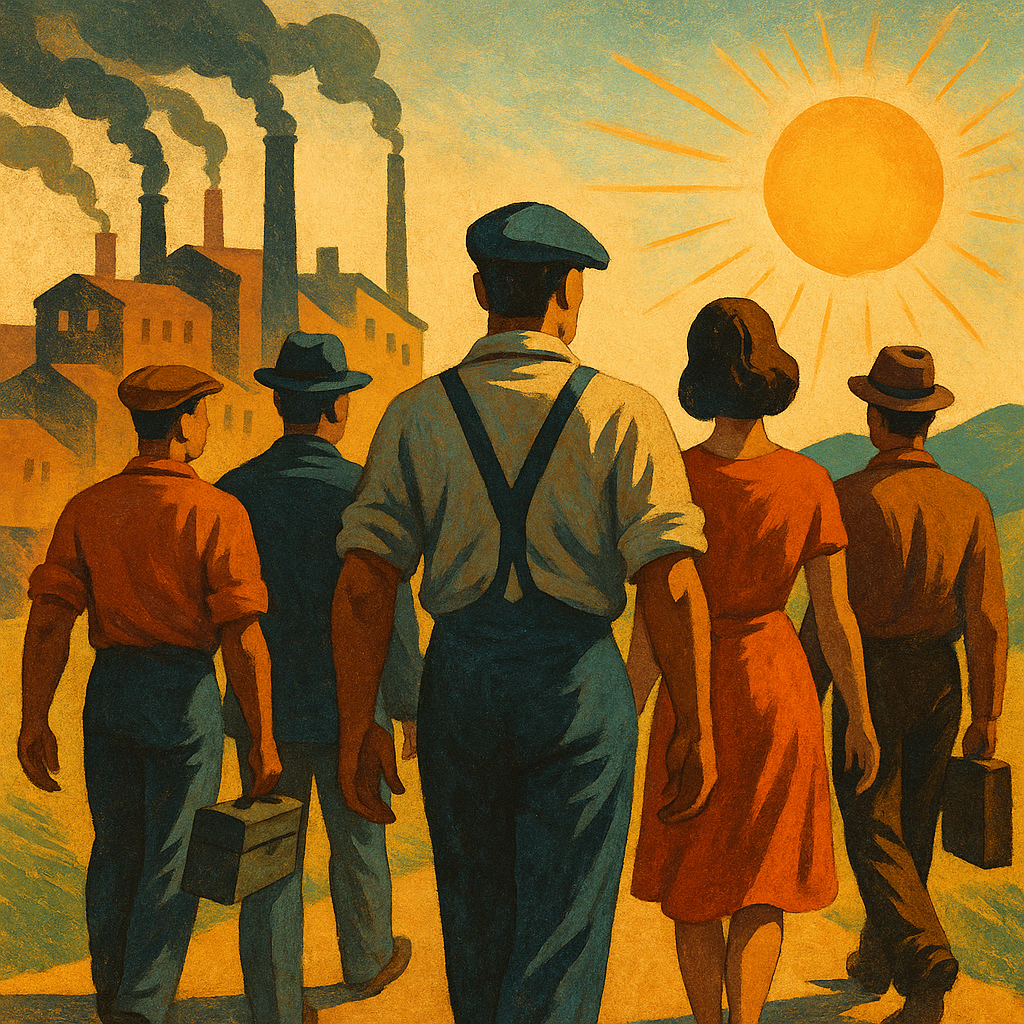Have you ever stopped to consider who invented the weekend? It may seem like a simple question, but the story behind our modern weekend is rich in history and development. The idea of taking time off from work has evolved significantly over the years, reflecting changes in society, culture, and values.
Understanding the Origins of the Weekend
The history of the weekend can be traced back to various religious and cultural practices. Early civilizations had different beliefs and customs surrounding time off from labor. For instance, Jews have observed the Sabbath for thousands of years, a day of rest that falls on Saturday. This day is anchored in the idea of rejuvenation and spiritual contemplation.
Similarly, many Christians began observing Sunday as a day of worship and rest. As societies became more industrialized in the 19th century, the concept of a designated day off began to take shape more prominently.
The origin of the weekend in the contemporary sense is often linked to labor movements in the early 20th century. Workers fought for shorter hours and better working conditions, emphasizing the importance of rest and leisure for overall well-being.
Key Events Leading to the Weekend’s Invention
* Industrial Revolution (late 18th – early 19th century): This era saw a significant increase in labor demand, leading workers to campaign for reduced working hours.
* Labor Day Movement: The establishment of Labor Day in the United States, first celebrated on September 5, 1882, highlighted the need for worker rights, including days off.
* Henry Ford’s Influence: In 1926, Ford Motor Company introduced the five-day workweek, allowing employees to have Saturday and Sunday off. This move not only improved worker satisfaction but also boosted productivity.
Who Officially Recognized the Weekend?
While many aspects contributed to the establishment of the weekend, the most significant acknowledgment came from the labor unions. Their advocacy played a crucial role in transforming weekday schedules into two-day weekends. Public sentiment began shifting towards the acceptance of a break during the workweek, ultimately leading to recognized weekend days.
A pivotal moment occurred during the Great Depression in the 1930s. The federal government recognized the need for leisure time to boost the economy. Thus, policies promoting the two-day weekend began to take root.
Why Is the Weekend Important?
The importance of weekends extends beyond mere leisure, affecting our well-being, productivity, and social lives:
* Leisure and Recreation: Weekends offer time for hobbies, family, and social activities, enriching our lives outside of work.
* Work-Life Balance: They help maintain a healthy balance between professional and personal responsibilities. Studies show that employees with proper work-life balance are more productive.
* Mental Health: Time off is crucial for mental wellness and reducing burnout. Research indicates that regular breaks contribute to lower stress levels and increased job satisfaction.
Weekend Traditions Around the World
The significance of the weekend varies across cultures, highlighting diverse practices:
* Friday in Islamic Countries: Many Muslim cultures observe Friday as a day off for prayers and community gatherings.
* Saturday in Some Christian Traditions: Christian dominions typically honor Sunday as a day of rest.
* Unique Customs: Countries like Spain take siestas, while many European nations embrace leisurely Saturdays.
Looking Ahead: The Future of the Weekend
As the workforce evolves, so may the concept of weekends. Remote work and flexible hours challenge traditional norms, leading to discussions about rethinking work schedules. Some companies are experimenting with four-day workweeks, suggesting alternatives to the classic two-day method.
Conclusion: Embracing Our Days Off
In conclusion, the question of who invented the weekend leads us to a fascinating narrative of social movements and labor rights. Understanding this history not only deepens our appreciation for our time off but also serves as a reminder of the value of rest in our lives.
Next time you enjoy your weekend, consider the hard-fought struggles that made it possible and how we can continue evolving in this aspect of our lives.
Want to learn more about the cultural significance of time off? Visit our blog for in-depth insights!
